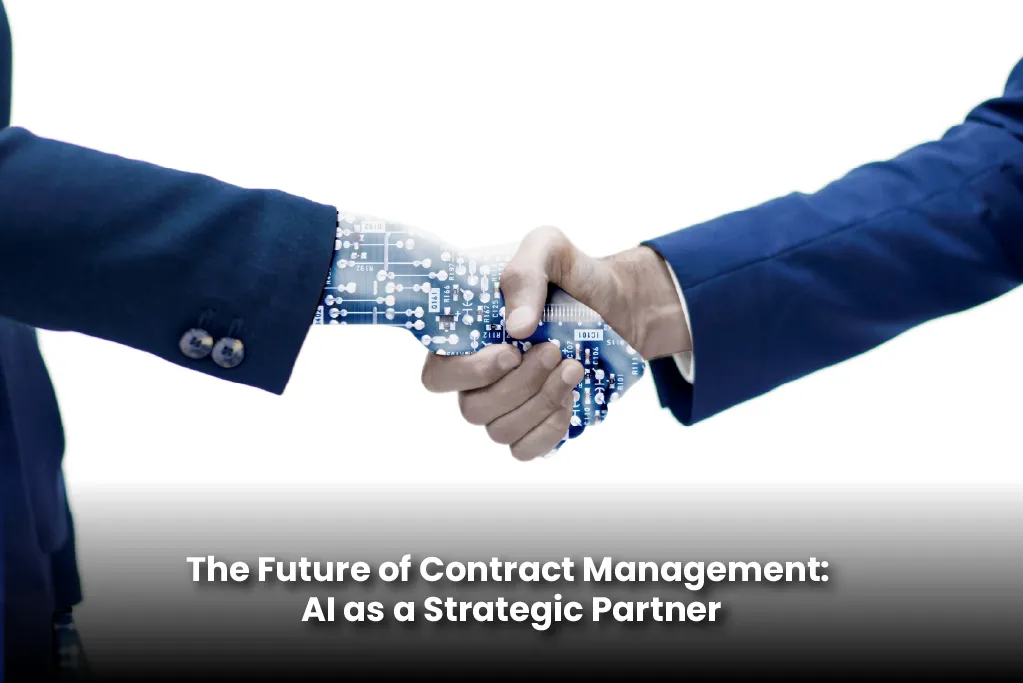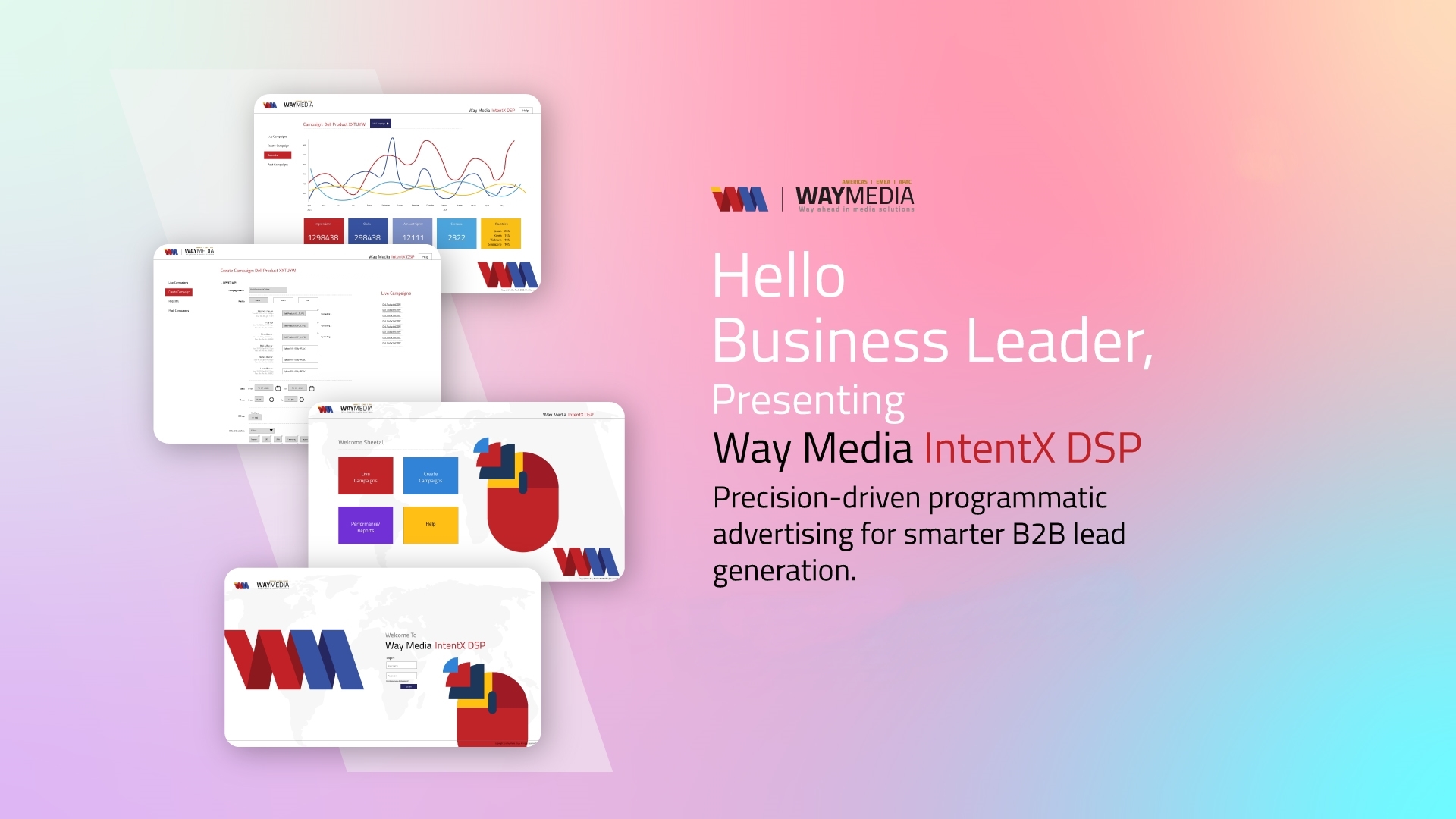In the high-pressure world of enterprise sales, time is money. Every day a contract waits between sales and legal teams means lost revenue. It also harms customer trust and gives competitors an advantage. For Chief Revenue Officers (CROs), the clash between these two key functions is more than just a hassle. It’s a revenue leak that can cost millions each year.
Enter artificial intelligence. AI, once seen as futuristic, is now a real tool. It’s changing how sales and legal teams work together. AI automates repetitive tasks, reveals insights, and improves communication. This reduces contract bottlenecks and makes the whole contract lifecycle a strategic advantage.
CROs can use AI in contract management. This helps speed up deal cycles, improve compliance, and boost customer satisfaction. It’s essential now. It’s a competitive imperative.
The Bottleneck Breakdown: Why Contracts Get Stuck
Sales and legal teams clash, causing inefficiencies in the handoff process. Sales teams, driven by quotas and deadlines, prioritize speed over strategy. Legal teams, focused on mitigating risk, demand precision. This conflict sparks delays, frustrating both teams and, most critically, customers.
Common pain points include:
- Manual Drafting and Review: Legal teams often take hours to create contracts or review templates. They frequently rework the same clauses over and over.
- Version Control Chaos: Email threads with attachments like “Final_v2_revised_FINAL.docx” lead to mistakes and confusion.
- Lack of Visibility: Sales teams often can’t see where a contract is in the approval process. This causes frantic follow-ups and strains relationships.
- Risk Aversion: Legal teams often worry about non-compliance or bad terms. So, they might over-correct, which slows the process even more.
These bottlenecks aren’t just operational headaches—they have real financial consequences. A 2023 report by World Commerce & Contracting found that bad contracting processes cost businesses around 9% of their annual revenue.
AI to the Rescue: Streamlining the Contract Lifecycle
AI is uniquely positioned to bridge the gap between sales and legal. AI tools are changing contract management. They automate routine tasks, provide real-time insights, and enable smarter collaboration. This shift turns contract management from a bottleneck into a growth catalyst.
Intelligent Contract Generation
AI-powered contract tools, such as Ironclad and DocuSign, use NLP. They create customized contracts quickly, often in just minutes. Sales teams enter deal details, and the system fills a template with pre-approved clauses automatically. Legal teams can set guardrails to ensure compliance without micromanaging every detail.
For example, a global SaaS company reduced its contract drafting time by 70% using AI. Sales reps can create first drafts in less than 10 minutes. This lets legal teams focus on important negotiations.
Automated Clause Analysis
AI doesn’t just draft contracts—it reviews them. Machine learning algorithms can check contracts for risky or unusual terms. They flag these for legal review. Tools like Kira Systems and LexCheck suggest new language that fits company policies.
A Fortune 500 retailer used AI to cut contract review times by 50%. The system flagged issues in real-time. This allowed legal to fix problems before they got worse.
Real-Time Collaboration Platforms
AI platforms like ContractWorks and Concord provide a dependable way to manage contracts. Sales and legal teams can work together in real-time. Version control and audit trails make sure everyone stays informed.
A mid-market tech firm got rid of email-based contract workflows. This change cut approval times from weeks to just days. The platform’s AI gave sales teams status updates. This cut down on the need for constant follow-ups.
Predictive Analytics for Risk Mitigation
AI doesn’t just streamline processes—it enhances decision-making. AI can look at past contract data. It predicts which terms may lead to disputes or delays. Legal teams can tackle these issues early. Meanwhile, sales teams can learn which terms customers are more likely to agree to.
A financial services company used AI to spot a common problem in indemnification clauses. By revising its standard language, the company reduced negotiation times by 30%.
Also Read: From Gut Feel to Data-Driven Decisions: The Rise of AI in Revenue Strategy
Real-World Impact: Case Studies in AI-Driven Contract Efficiency
Case 1: The Enterprise That Slashed Cycle Times
A multinational manufacturing company struggled with slow contract processes. On average, it took 45 days to close deals. With an AI contract management platform, the company cut cycle times to just 15 days. Sales reps could create compliant drafts on their own. Meanwhile, legal teams could focus on high-risk contracts. The result was a 20% increase in closed deals within six months.
Case 2: The Startup That Scaled Without Stumbling
A fast-growing fintech startup struggled to keep up with its contract workload. Legal felt overwhelmed, and sales reps lost deals to competitors who acted faster. The startup used an AI tool to automate clause analysis. This helped them work together in real-time. As a result, they scaled their contract process without hiring more staff. Deal closure rates went up by 35%. Customer satisfaction scores reached an all-time high.
Overcoming Resistance: Building Trust in AI

Despite its potential, AI adoption in contract management isn’t without challenges. Legal teams, in particular, may be wary of ceding control to machines. To overcome this resistance, CROs must:
- Start Small: Test AI tools on low-risk contracts. This shows their value and keeps teams from feeling overwhelmed.
- Involve Stakeholders Early: Get the sales and legal teams involved from the start. This helps ensure everyone is on board with the selection and implementation process.
- Train Teams: Provide hands-on training. This helps teams understand how AI can boost their skills instead of replacing them.
- Measure Success: Track metrics such as cycle time, error rates, and customer satisfaction. This helps you see how AI is making a difference.
The Future of Contract Management: AI as a Strategic Partner

The next frontier for AI in contract management is predictive and prescriptive analytics. Picture a system that flags risky terms. It also suggests negotiation strategies. These strategies are based on a customer’s past behavior. An AI can predict which contracts might churn. It also suggests changes to keep revenue.
Blockchain integration is another emerging trend. Using AI with blockchain’s secure ledger, companies can make contracts that can’t be changed. These contracts automatically execute when the right conditions are met. This could revolutionize industries like real estate and supply chain management.
Actionable Insights for CROs
- Audit Your Current Process: Identify the biggest bottlenecks in your contract lifecycle. Are they in drafting, review, or approval? Use this insight to select the right AI tools.
- Integrate First: Pick AI solutions that work well with your current CRM and ERP systems. Siloed tools create more problems than they solve.
- Establish a Unified Culture: Sales and legal teams must recognize AI as a shared tool, not a threat. Regular cross-functional meetings align priorities and drive results.
- Measure ROI: AI’s impact on deal speed, win rates, and customer satisfaction is crucial. It helps in refining strategy and secure executive support with data-driven insights.
Conclusion
For CROs, the stakes have never been higher. In a fast-paced world, contract bottlenecks aren’t just slowdowns; they hurt profits. AI can change the contract lifecycle. It turns frustration into growth.
AI helps sales and legal teams work smarter. It does this by automating routine tasks, boosting teamwork, and giving useful insights. The result? Faster deal cycles, happier customers, and a healthier bottom line.
The future of contract management isn’t just about cutting bottlenecks. It’s about getting rid of them completely. For CROs willing to embrace AI, that future is already within reach. The question isn’t whether you can afford to invest in AI-driven contract management. It’s whether you can afford not to.



